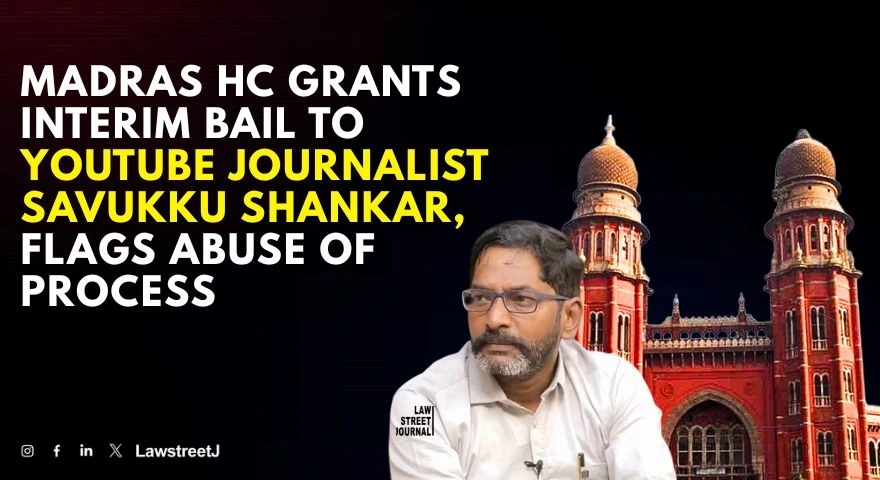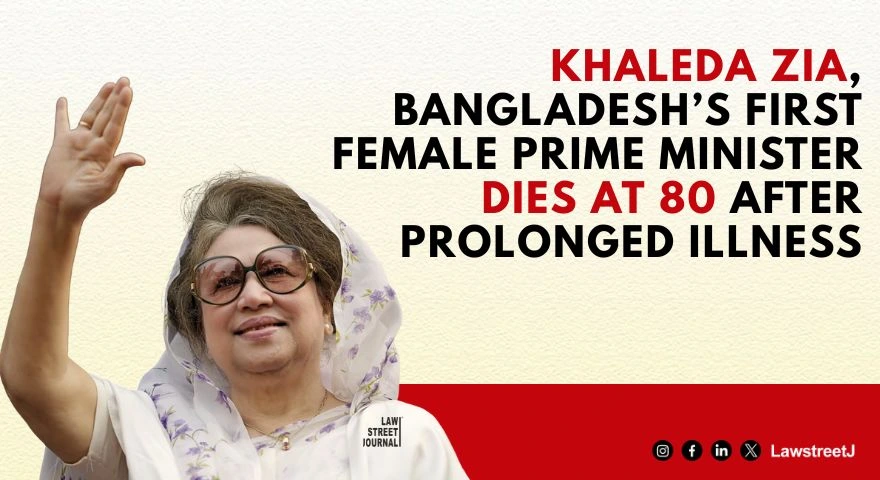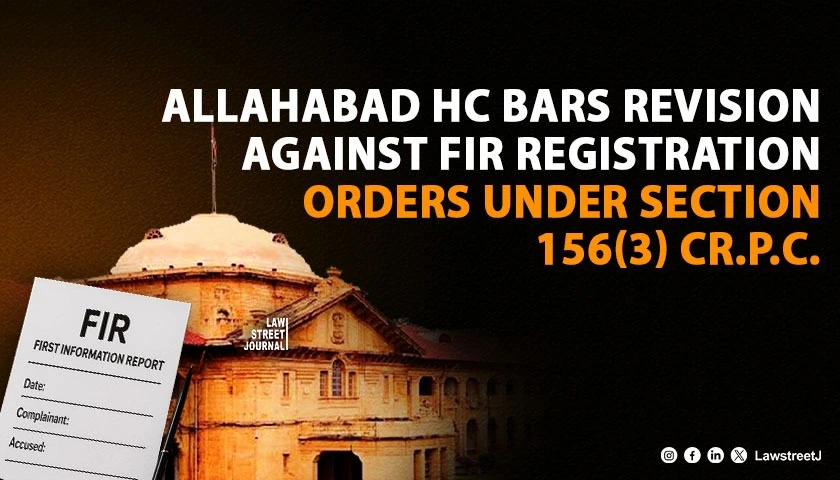The Kerala High Court in a significant judgment on Tuesday ( March 22, 2021) issued guidelines to streamline and prescribe a uniform procedure for disposal of cases before Family Courts in the State.
The order has been passed by a Division Bench comprising of Justices A Muhamed Mustaque and CS Dias, who noted:
We are, inthis batch oforiginal petitions, asked to resolve the difficulties caused to the litigants dueto the inordinatedelay in disposalof cases by theFamily Courts inthe State.
These original petitions speakabout the varioushurdles faced by the parties in resolvingtheir matrimonial disputes.
The Bench further observed that:
The supervisory jurisdiction of this Court impels us to issue directions to streamline the procedure as conceived under law to avoid failure of justice. Failure of justice in this context is to be understood to the non-adherence of rules which ensures the right of the disputants to get timely justice.These normative and procedural outlines, which are illustrative in nature, shall be scrupulously followed by the Family Courts.
Causes for the delay:
The Court attempted to examine why proceedings before family courts were obstructed by delays.
The court observed that it was a routine practice inthis Court tocall for reportsfrom the Family Courts and issue directions to dispose of proceedingsin a timebound manner. Thishas caused perceived injusticeto many, asthose who approachthis Court stand inadvantageous position ingetting their cases disposedof on apriority basis.
The delay involved indisposal of casesbefore the FamilyCourts cannot be signifiedfor a singularreason. The problems faced aremultifaceted and are of differentdimensions. Lack of infrastructure, docketexplosion, untrained officers and staff,inept case managementetc., are a few to list.
The partieswho approach theFamily Courts with theirgrievances, with ahope to getspeedy justice, very soonrealise that theirproblems burgeon, cases multiply,and their ordealunabatedly continues due to the adversarial nature and circumstances surrounding the litigation.
Merely because a litiganthas reasons orthe resources to approachthis Court forspeedy justice, thesame cannot be atthe peril ofthose adhering tothe queue. Wehave felt that theritualistic passing ofdirections for speedy disposalof proceedings isdoing more harmthan good to thesystem because contestedand deserving cases arebeing left unattendedand the procedure framed bythe Family Courtsfor disposal ofcases is getting unsettled.Untimely interventions areclogging the system. The procedure and rules envisage professionalmanagement of matrimonialdisputes. Such management needsto be exhibitedat all levelsstarting from filing of proceedings till the decree is satisfied. Therefore,we deem itfit to directthe Family Courts to follow the outlines in this judgment, the bench observed
Therefore, the Bench in its directions has expressly provided that parties who move applications for expeditious disposal of cases do so before the concerned Family Court prior to moving the High Court.
Additional reasons for delay were that lawyers and judges often carried their experience with adversarial litigation into family disputes, transforming proceedings from the envisaged harmony to an adversarial set up.
Pointing to the Objects of the Family Courts Act, which was enacted to help the parties to resolve their disputes in a harmonious way in preference to adversarial litigation, the Court prescribed a list of detailed requirements for family court proceedings.
The Bench on reasons for the rise of family disputes:
The state of Kerala, which accounts for 3% of Country's population, has one of the highest numbers of matrimonial cases in the Nation. The statistics available with the NJDG gives a clear picture of the story. At present, there is a staggering 104015 cases pending in the 28 Family Courts in the State. This data is alarming and if at all not shocking; it speaks about the disintegration of the family culture and the anomie our society is facing. We had a structured society in the past where everyone held hands to resolve such conflicts. Today, we witness alienation or aloofness of individuals from the larger family, society and the community as a whole. Disputes soar to fierce battles combated through the adversarial litigation. Causes are projected to establish one's rights sans their obligations, forcing the Family Courts to drift its role as conceived under law and to embark the lines of a normal court"
The Bench reminisces its experiences during consultations with Presiding Officers of Family Courts:
We could feel the stress and pressure of the Presiding Officers of the Family Courts who are burdened with a huge backlog. Some of the Family Courts are compelled to board more than 200 cases a day in an attempt to clear the arrears. The delay in disposal of the cases has resulted in large number of interlocutory applications being filed on day-to-day basis. We apprehend that the backlog is leading to a collapse of justice delivery system, which stands portrayed in the large number of original petitions being filed before this Court seeking for the speedy disposal of the proceedings"
The court at the end disposed the original petitions by directing the family courts to comply strictly with some directions, which shall be implemented with effect from 1st June 2021.

![Kerala HC Issues Guidelines to Family Courts for Early Disposal of Cases [READ JUDGMENT]](/secure/uploads/2021/03/lj_6939_high_court.jpg)






